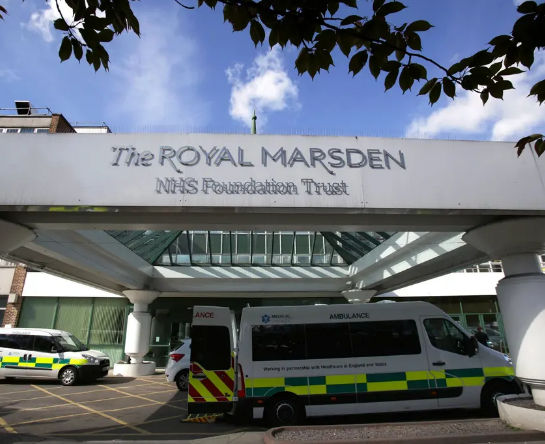Antibiotic-resistant infections ‘set to rise after Covid pandemic’ amid warning of ‘hidden pandemic’
Covid measures played a part in bringing down antibiotic resistance last year but opening up could cause renewed surge in infections.
Resistance to antibiotics is likely to rise after the pandemic and could push the UK into “another crisis”, according to health experts.
The spread of antibiotic resistance is a world-wide problem and is expected to cause millions of deaths this decade.
A joint report published in 2019 by the United Nations and the World Health Organisation said that drug-resistant diseases could cause 10 million deaths each year by 2050 and force up to 24 million people into extreme poverty by 2030 if no action is taken.
New data from the UK Health Security Agency shows one in five people with a bloodstream infection had one that was resistant to antibiotics.
Resistance can cause serious complications as infections become extremely hard to treat and leads in some cases to hospital admissions and death.
Due to increased social distancing and personal hygiene, government data shows that the number of antibiotic-resistant bloodstream infections actually fell last year for the first time since 2016, from 65,683 in 2019 to 55,384 in 2020.
However scientists are still extremely concerned that infections remain at a higher level than six years ago. The estimated number of deaths attributed to antibiotic-resistant bacteria also increased year-on-year between 2016 and 2019, before declining in 2020.
Dr Susan Hopkins, Chief Medical Advisor at UKHSA, said that antimicrobial resistance had been described as a “hidden pandemic” and warned that “it’s important that we do not come out of Covid-19 and enter into another crisis.”
Government health officials have warned that, although there was a dip in the number of bloodstream infections last year, the overall proportion of infections that were resistant to antibiotics continued to rise.
They added: “This suggests that resistant infections are likely to rise in the post-pandemic years and will require ongoing action.”
In order to survive, bacteria naturally evolves to become resistant to the drugs that kill them but the antibiotic resistance crisis is largely human-made. One issue that has fueled the crisis has been over prescription of the drugs and doctors are now trying to tackle patients dependence on antibiotics by decreasing their prescription, especially for coughs, earache and sore throats.
Development of new antibiotics has also stalled over the past thirty or so years, with a lack of industry investment.
Dr Susan Hopkins, from the UKHSA, said: “It is likely that Covid-19 restrictions in 2020 including enhanced infection, prevention and control measures also played a part in driving down antibiotic resistance and prescribing.
“While these measures were severe, serious antibiotic-resistant infections will rise once again if we don’t act responsibly and that can be as simple as regular and thorough handwashing.
“As we head into winter, with increasing amounts of respiratory infections in circulation, it’s important to remember that antibiotics are not needed for many cold-like symptoms. Stay at home if you feel unwell. Taking antibiotics when you don’t need them only puts you and your loved ones at more risk in the future so please listen to your GP, nurse, dentist or pharmacist’s advice.”
In a global survey, conducted by the World Health Organisation and other partners, 90 per cent of countries reported that the pandemic had halted the implementation of their plans to tackle antimicrobial resistance




Comments
Post a Comment